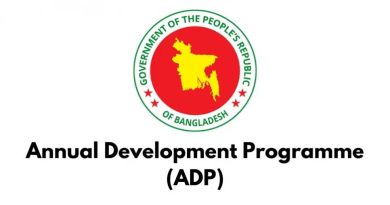Bangladesh’s long-anticipated graduation from Least Developed Country (LDC) status has entered a period of uncertainty, as both government officials and private sector representatives have suggested that the final decision be left to the next elected government, officials said.
The issue was discussed at a high-level meeting on Wednesday, where the government requested an independent UN evaluation team to give the next administration room to decide, given the evolving global and domestic situation.
The meeting, chaired by Economic Relations Division (ERD) Secretary Md Shahriar Kader Siddiky, was attended by representatives from the Commerce Ministry, Finance Division, Industries Ministry, Bangladesh Bank, BIDA, and the National Board of Revenue.
A four-member UN mission, currently visiting Dhaka at the government’s request, is holding consultations with officials, business leaders, and local think tanks to assess Bangladesh’s readiness for graduation.
Call for a cautious transition
Officials present at the meeting said government agencies urged the UN team to recommend conditions that would ensure a smooth and sustainable transition, particularly given concerns over potential trade shocks after graduation.
“Global and local uncertainties — such as tariff changes, domestic political developments, and slowing trade growth — have complicated the outlook,” one senior official said. “That’s why we feel the next elected government should make the final call.”
While Bangladesh continues to meet the three key UN criteria for graduation — based on income, human assets, and economic resilience — officials acknowledged growing unease over the potential fallout.
Divided views on timing
Sources said there was no clear consensus among government bodies on whether to proceed with graduation as planned in November 2026. Some agencies argue that global headwinds, including possible US tariff hikes and political unrest at home, warrant a slower approach.
“The country is in a strong position on paper, but the reality has changed since the original plan was made,” another official noted. “We must ensure graduation happens on stable ground — not just to achieve a milestone but to sustain it.”
The UN team’s recommendations, expected later this year, will likely play a crucial role in shaping the final decision — one that may now rest with the next political administration.






